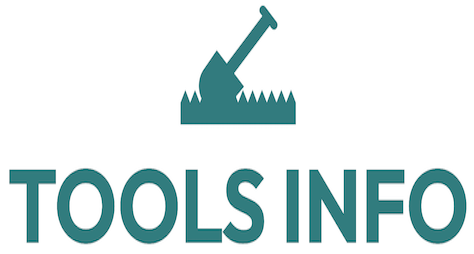Understanding Time Management
Time management is an essential skill that helps individuals organize and plan how to divide their time between various activities. Proper time management boosts productivity by enabling you to accomplish more in less time, lowers stress levels, and improves your work-life balance. By mastering time management, you can prioritize important tasks, avoid procrastination, and meet deadlines efficiently.
Why Time Management Matters
Effective time management allows you to take control of your daily workload instead of feeling overwhelmed. It improves focus and makes room for meaningful engagements—whether it’s work, family, or personal growth. Many successful people credit their achievements to disciplined time management strategies, which consistently help them remain motivated and goal-oriented.
Proven Strategies to Improve Time Management
Implementing reliable methods can significantly enhance your ability to manage time effectively. Here are some practical strategies:
1. Prioritize Your Tasks
Use methods like the Eisenhower Matrix to categorize tasks based on urgency and importance. This helps you focus on high-value activities instead of getting caught up in trivial ones.
2. Set SMART Goals
Make your objectives Specific, Measurable, Achievable, Relevant, and Time-bound. Setting clear goals keeps you accountable and guides your daily efforts toward meaningful results.
3. Use Time-Blocking Techniques
Allocate fixed time periods for specific activities throughout the day. This technique reduces distractions and helps maintain a steady workflow.
4. Avoid Multitasking
While it may seem efficient, multitasking often decreases overall productivity. Complete one task before moving to the next to ensure quality and focus.
5. Leverage Technology
Consider using calendars, task management tools, and productivity apps to organize your schedule and track progress more easily.
Common Time Management Challenges and How to Overcome Them
Procrastination and Distractions
Procrastination is a major hurdle for effective time management. Combat this by breaking big projects into smaller tasks and setting deadlines for each. Minimize distractions by working in a quiet environment or using focus-enhancing apps.
Overcommitment
Taking on too many commitments can derail productivity. Learn to say no and delegate tasks when possible to keep your workload manageable.
Poor Planning
Inadequate planning leads to missed deadlines and unnecessary stress. Spend a few minutes each day reviewing your schedule and preparing for upcoming tasks.
Benefits of Mastering Time Management
When you improve your time management skills, you experience multiple benefits, such as:
- Increased productivity and efficiency
- Better work-life balance
- Reduced stress and burnout
- Enhanced career and personal growth
For more tips and insights on personal productivity, visit MindTools.
To learn more about planning techniques, explore our article on Effective Planning Techniques.
By consistently applying these time management methods, you can take control of your schedule, accomplish your goals, and enjoy a more balanced, fulfilling life.
Start improving your time management skills today—take the first step towards a more productive and stress-free life HERE.
